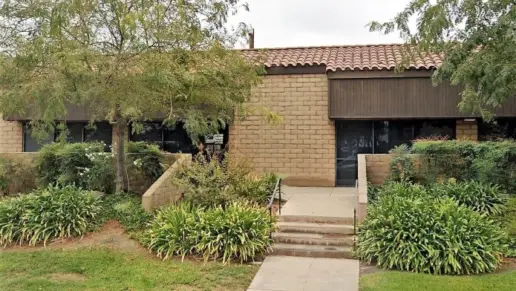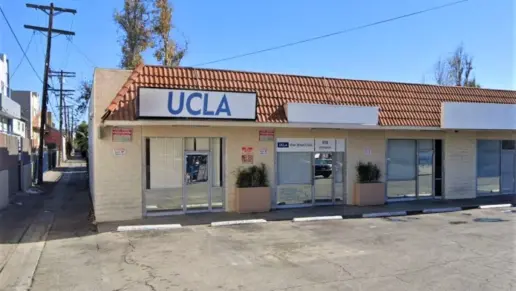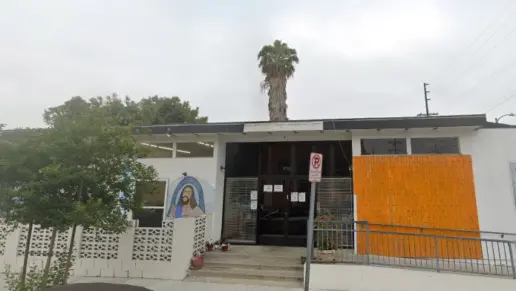my outpatient treatment with Kaiser CDRP was nothing short of lifesaving. the staff are very helpful, and the education and treatment I received here was top notch bar none. my treatment with counseling went on for about one year, and I have been sober / clean for 17 years. ...
About Kaiser Permanente – Chemical Dependency
The Kaiser Permanente Fontana Medical Center Chemical Dependency Recovery Program is part of the Behavioral Health Department of the California Kaiser Permanente managed care medical group. Located in Redlands, California, they treat adults ages 18+ who have substance use disorders. Their addiction treatment includes drug/alcohol assessments and outpatient addiction treatment.
The Chemical Dependency Recovery Program at Fontana Medical Center is an outpatient-only program, with hours from 8 am till 9 pm Monday through Friday, and 8 am till 5 pm on Saturdays, Sundays, and holidays. Assessments are available Monday through Thursday from 8 am till 8 pm, and on Saturdays, Sundays, and holidays from 8 am till 4:30 pm. Assessments usually include a drug use history, a mental health evaluation, and a history of associated social service needs. Addiction treatment typically involves individual and/or group counseling, addiction and relapse prevention education, and often an introduction to 12 Step peer support programs.
Kaiser Permanente is a nonprofit healthcare and health insurance provider that combines healthcare coverage and healthcare delivery into one business. Their medical groups include physicians, other health professionals and hospitals. Most providers accept private insurances, Medicaid and Medi-Cal in California. But you should contact your insurance company to verify your benefits, including out of network benefits, and possible co-pays. For appointments or further information about the Chemical Dependency Recovery Program at Fontana Medical Center, you can call 866-205-3595 toll free.
Rehab Score
Gallery
Other Forms of Payment
Private insurance refers to any kind of healthcare coverage that isn't from the state or federal government. This includes individual and family plans offered by an employer or purchased from the Insurance Marketplace. Every plan will have different requirements and out of pocket costs so be sure to get the full details before you start treatment.
Self-pay involves paying for treatment out of your own pocket. You can use savings or credit, get a personal loan, or receive help from family and friends to fund your treatment. If you don't have insurance or your insurance plan doesn't cover a specific program, self-pay can help ensure you still get the care you need.
Addiction Treatments
Levels of Care
Treatments
The goal of treatment for alcoholism is abstinence. Those with poor social support, poor motivation, or psychiatric disorders tend to relapse within a few years of treatment. For these people, success is measured by longer periods of abstinence, reduced use of alcohol, better health, and improved social functioning. Recovery and Maintenance are usually based on 12 step programs and AA meetings.
Drug rehab in California teaches participants constructive ways to stay clean and sober. Treatment revolves around helping individuals stop using the substance they are addicted to and learn healthy habits to avoid relapse.
Many of those suffering from addiction also suffer from mental or emotional illnesses like schizophrenia, bipolar disorder, depression, or anxiety disorders. Rehab and other substance abuse facilities treating those with a dual diagnosis or co-occurring disorder administer psychiatric treatment to address the person's mental health issue in addition to drug and alcohol rehabilitation.
Opioid rehabs specialize in supporting those recovering from opioid addiction. They treat those suffering from addiction to illegal opioids like heroin, as well as prescription drugs like oxycodone. These centers typically combine both physical as well as mental and emotional support to help stop addiction. Physical support often includes medical detox and subsequent medical support (including medication), and mental support includes in-depth therapy to address the underlying causes of addiction.
Substance rehabs focus on helping individuals recover from substance abuse, including alcohol and drug addiction (both illegal and prescription drugs). They often include the opportunity to engage in both individual as well as group therapy.
Programs

Clinical Services
Group therapy is any therapeutic work that happens in a group (not one-on-one). There are a number of different group therapy modalities, including support groups, experiential therapy, psycho-education, and more. Group therapy involves treatment as well as processing interaction between group members.
Staff & Accreditations
Staff
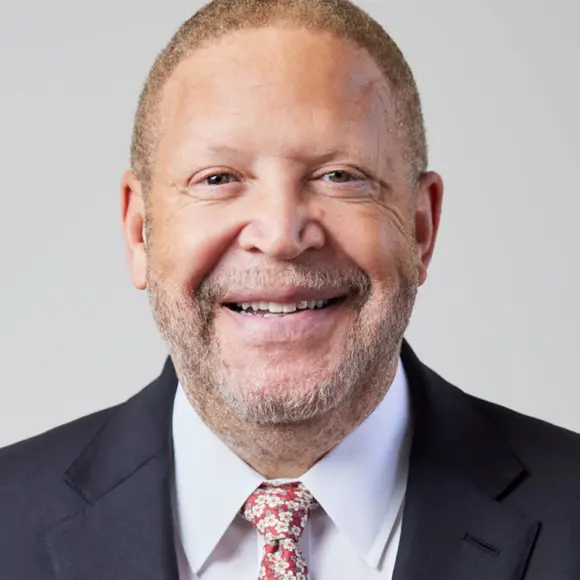
Chair & CEO
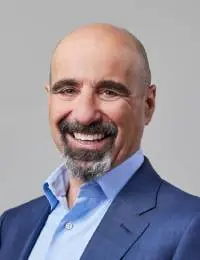
Executive VP & CMO
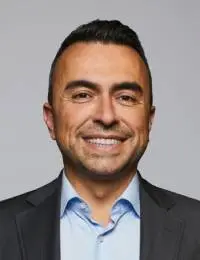
Executive VP & Chief Health Officer
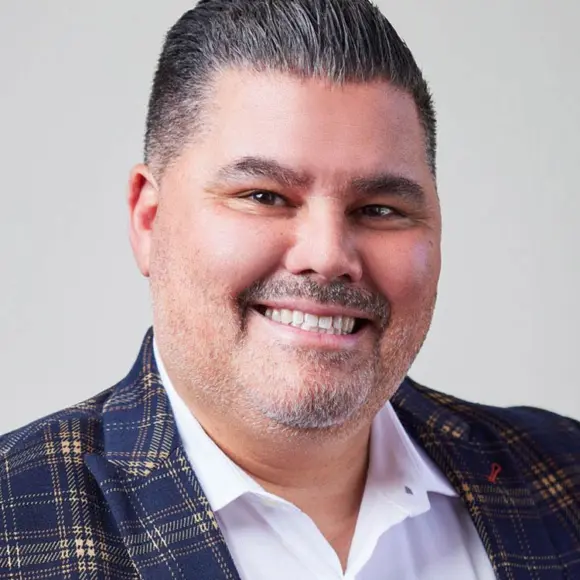
Executive VP & National Health Plan
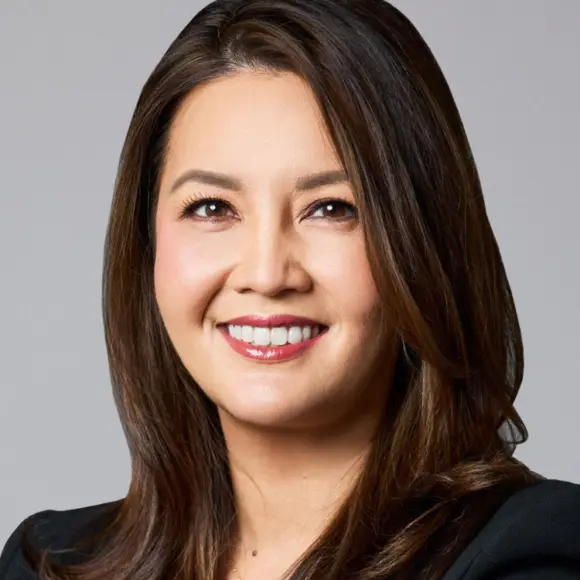
Senior VP & Chief Business Development Officer

Executive VP & Enterprise Strategy and Business Development
Accreditations

State Licenses are permits issued by government agencies that allow rehab organizations to conduct business legally within a certain geographical area. Typically, the kind of program a rehab facility offers, along with its physical location, determines which licenses are required to operate legally.
State License: California
Contact Information
17046 Marigold Avenue
Fontana, CA 92335
